Energy Sector: 70% of Total Inflow and Key in Foreign Investment
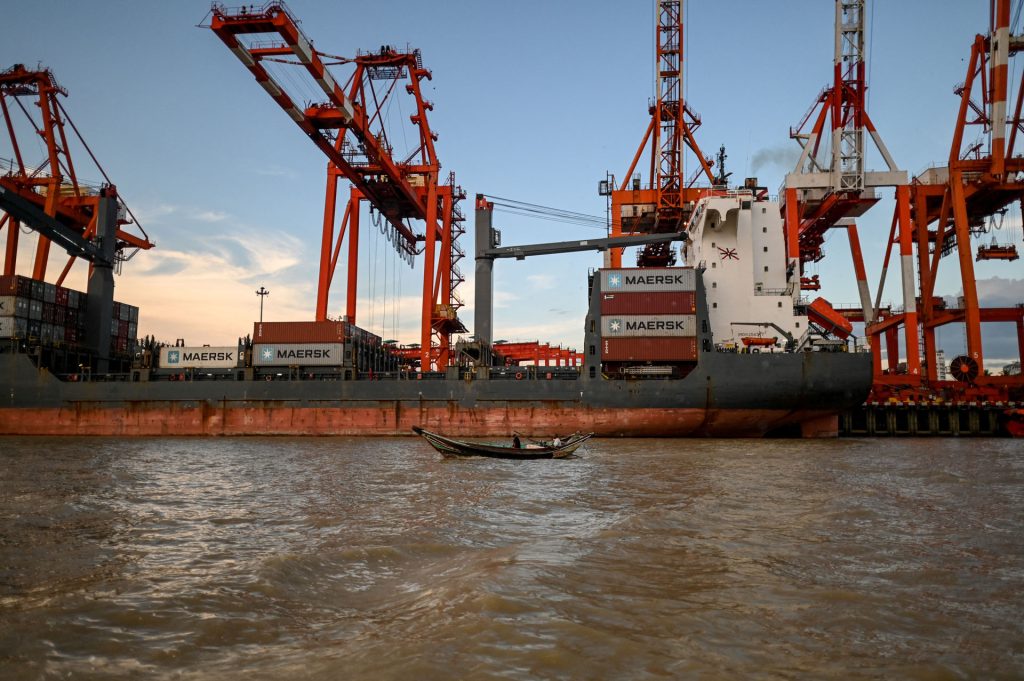
Myanmar has attracted more than USD 5.4 billion in foreign investment within over two years since the coup. Of these, 70 percent (approximately USD 4 billion) is directed to the energy sector. The extent of foreign investment in the energy sector includes USD 2.5 billion – part of China’s Mee Lin Gyaing LNG Power project, which was approved in May 2021.
Recurring Clashes Between EAO-PDF and SAC Forces
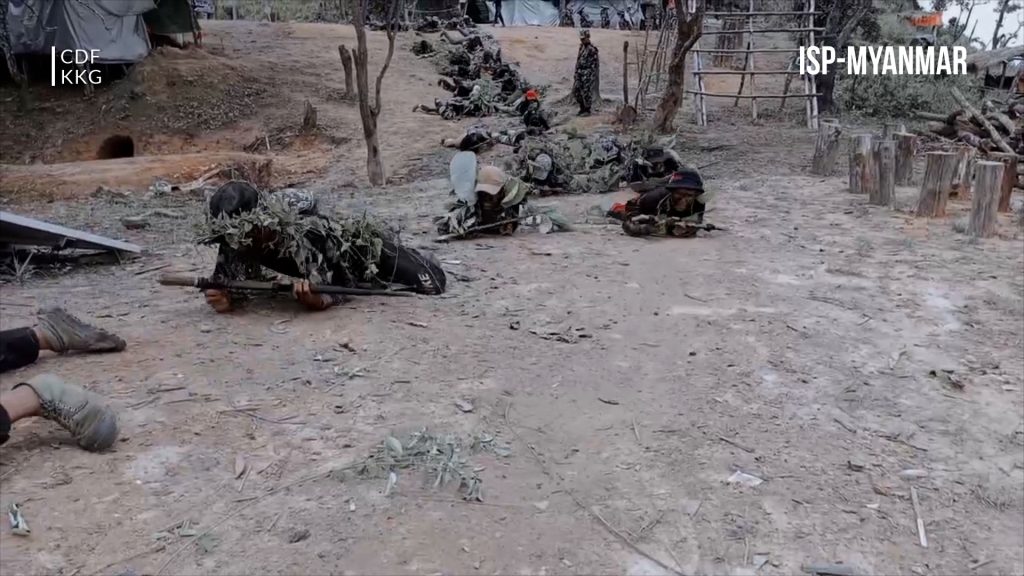
At least 9,347 clashes have occurred across Myanmar in the more than two years since the coup, with 1,407 of them happening in just the first four months of 2023. More than half of these 1,407 clashes—about 58 percent— broke out between EAO-PDF and SAC Forces.
Alerted Security in Mae Sot, Thai-Myanmar border in Post-Election: Normal Response?
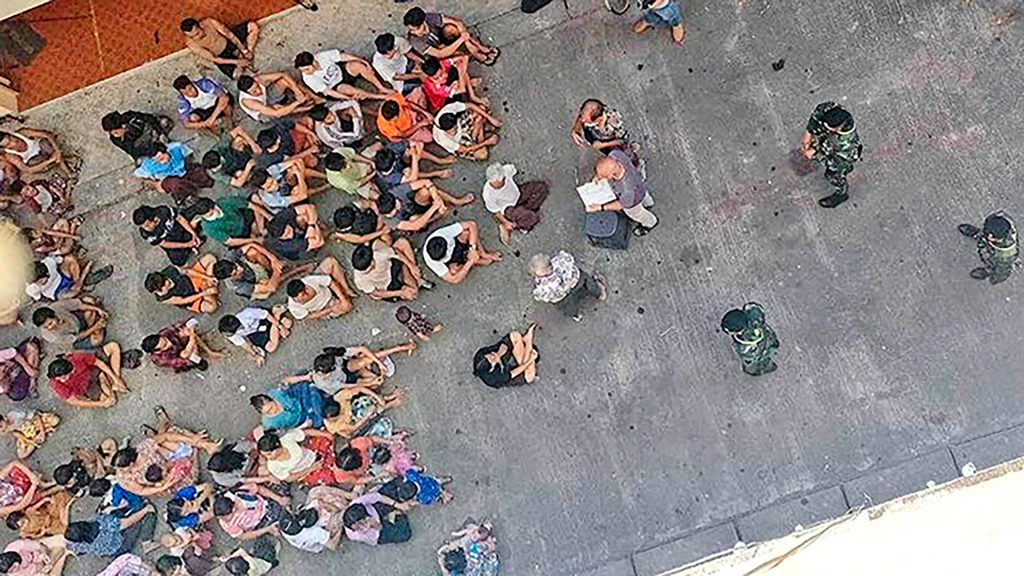
This week’s focus revolves around the repercussions of the devastating Cyclone Mocha and the unfolding dynamics of the warming El Niño phenomenon. Amidst the ongoing challenges in forming a new Thai government following the May election, there is a growing concern regarding the escalating security issues at the Thai-Myanmar border, particularly in Mae Sot. In addition, this bulletin delves into the current state of school enrollment in Myanmar’s new academic year.
Aligning with China’s Policy Reset: Revitalizing Trade Routes and Economic Plans in Myanmar
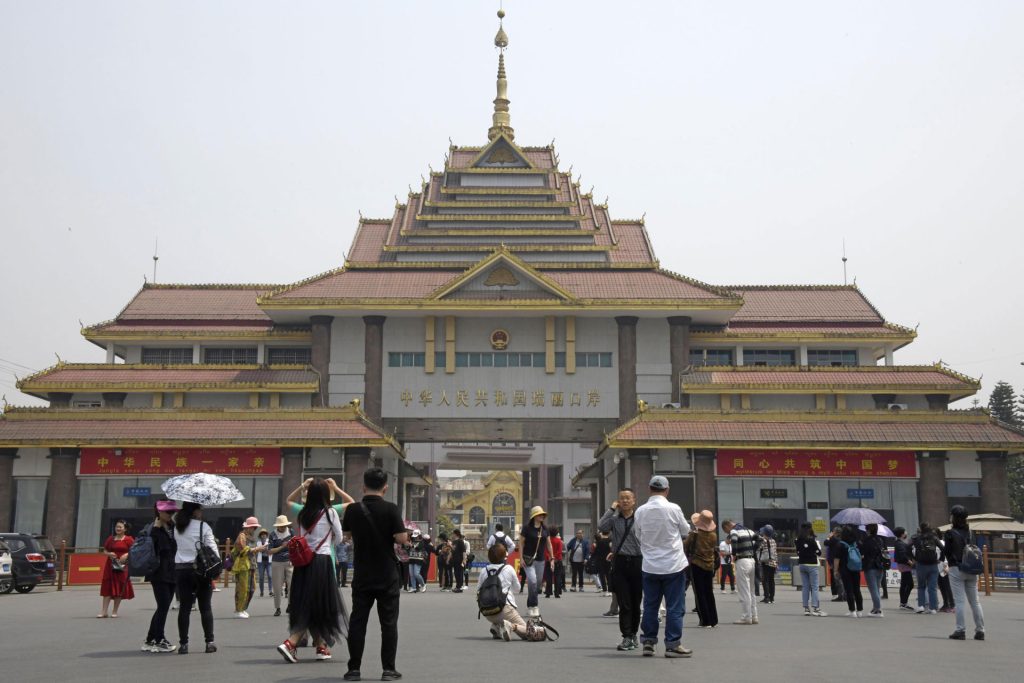
This discussion focuses on the development of China-Myanmar relations over a two-month period, from March to May 2023, based on the ISP Timeline on China-Myanmar relations. Recently, China has been actively advocating for a fresh reset via its ‘Neighborhood Diplomacy’ approach to Myanmar. Meanwhile, China is pursuing development of an International Land-Sea Trade Corridor (ILSTC).
Cyclone Mocha and Return of El Niño: A Crisis of Climate-Conflict-Humanitarian Triple Nexus in Myanmar
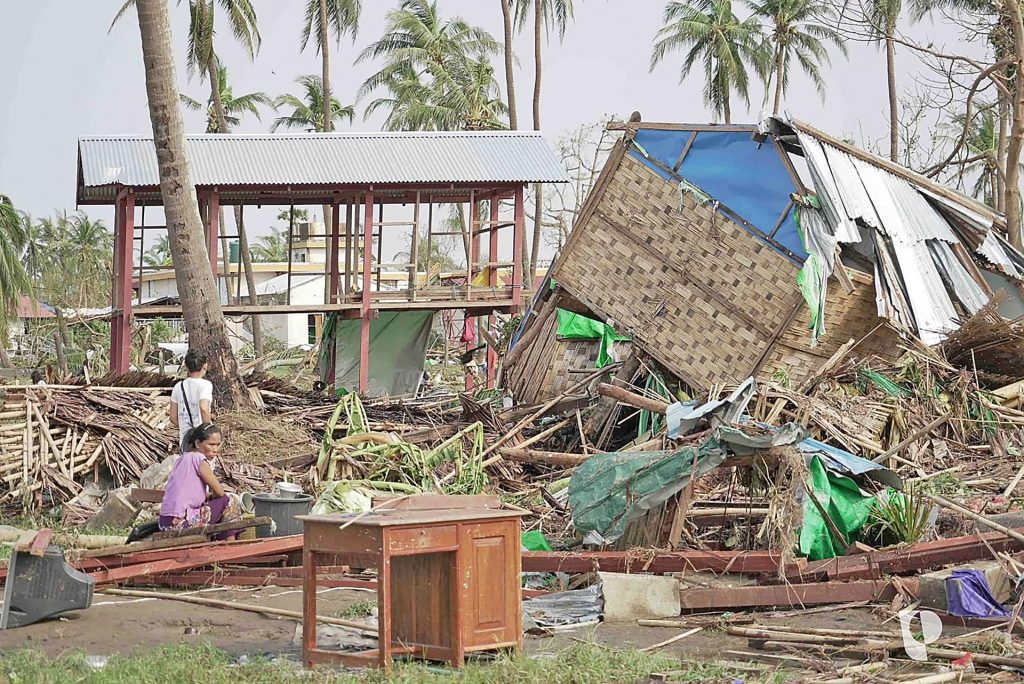
Cyclone Mocha, one of the strongest storms ever to hit the Bay of Bengal, made landfall near Sittwe on May 14, 2023. It wreaked havoc on nearly 5.4 million people living in Rakhine State and surrounding areas in its path, causing widespread destruction across Sittwe and creating a potential humanitarian crisis for a highly vulnerable population of as many as 3.2 million people, according to a statement from the UNOCHA.
China’s Policy Reset for Myanmar
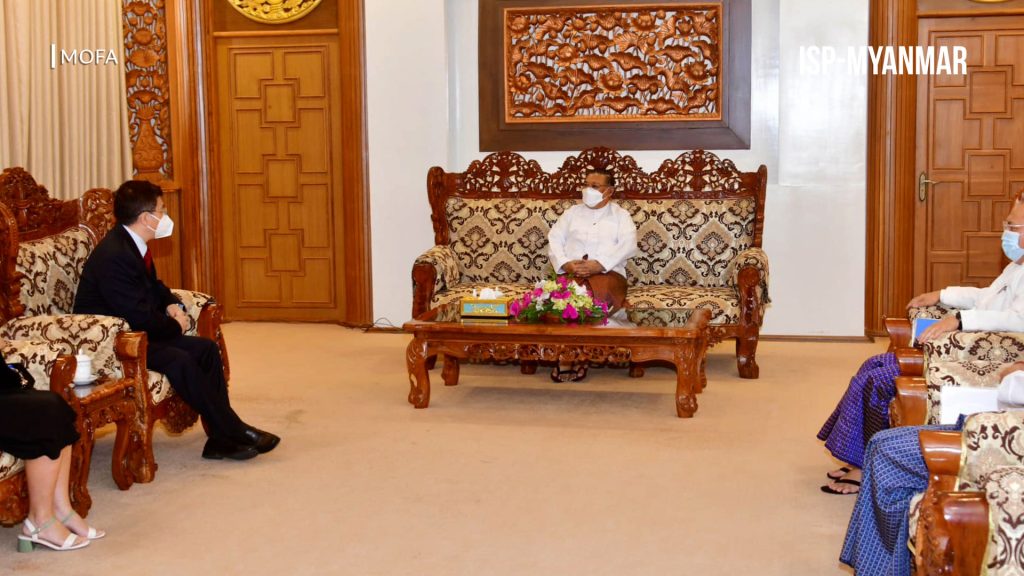
China seems to have set its policy towards Myanmar post-coup conflict. This week’s ISP Clip No. (53) presents a fact-based analysis of China’s policy change and its implications.
Recurring Clashes Between EAO-PDF and SAC Forces
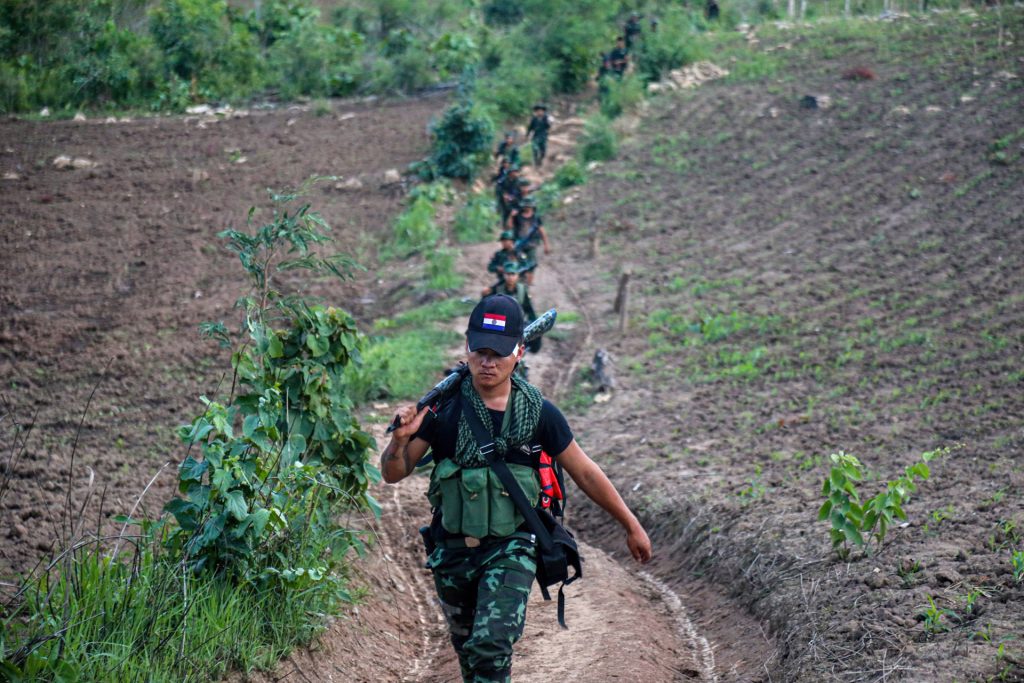
At least 9,347 clashes have occurred across Myanmar in more than two years since the coup, with 1,407 of them happening in just the first four months of 2023. More than half of these 1,407 clashes—about 58 percent— broke out between the combined EAO (Ethnic Armed Organizations) and PDF (People’s Defense Force) forces and SAC’s (State Administration Council) forces. The number of clashes between the combined EAO and PDF forces and the SAC’s forces within these four months is the second highest to the number in June 2022.
Myanmar’s Military Budget Set to Swell

In the post-coup period, Myanmar’s military budget has increased nearly three-fold. This week’s ISP Clip No. (52) presents a fact-based analysis of the SAC’s spendings in the post-coup period.
ASEAN Summit and Humanitarian Assistance Prospects
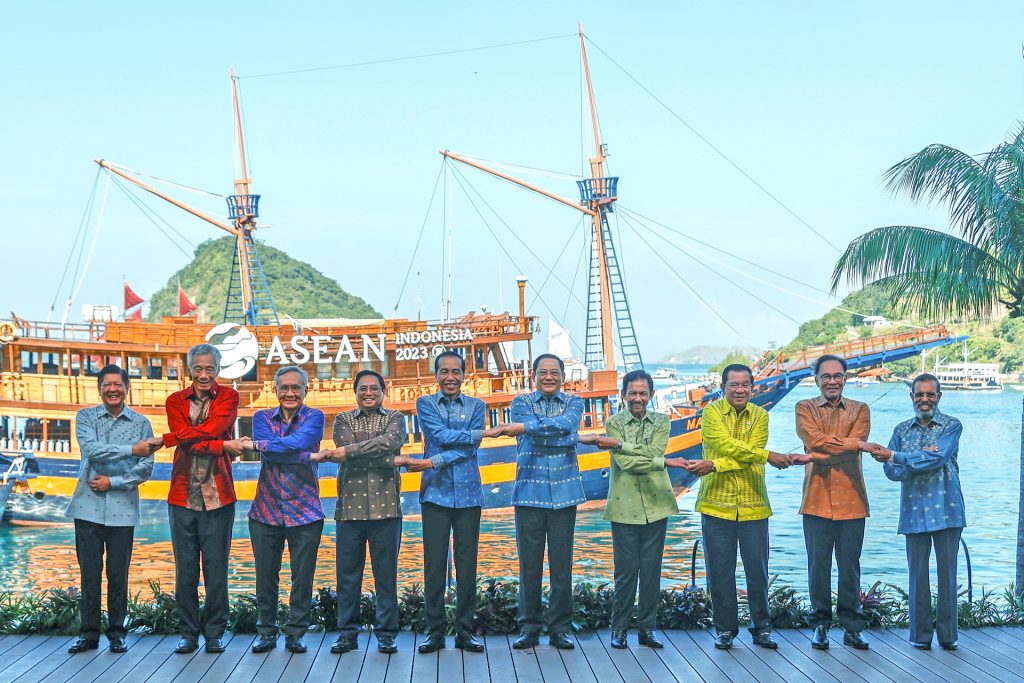
The Cyclone Mocha, one of the strongest cyclones to ever hit the Bay of Bengal, made landfall on the coastlines of Myanmar and Bangladesh on May 14. Its dangerous winds, downpours and storm surge wreaked havoc on 90% of infrastructure in and around storm epicenter in Rakhine State.
China’s Policy Reset: Will the SAC Follow China-Driven Political Exit?
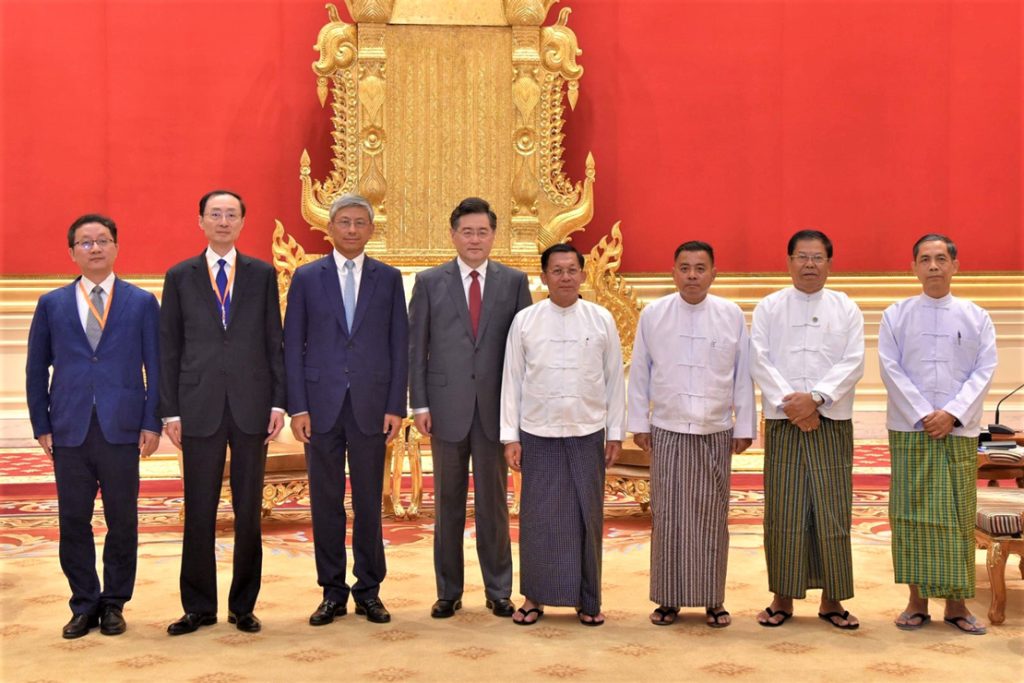
China’s new Foreign Minister Mr. Qin Gang visited Naypyitaw on May 2, 2023. This marked the first official visit by a high-ranking Chinese official to Myanmar’s capital in the two years since the military coup. In the hours prior to the Naypyitaw trip, Mr. Qin toured the border regions of Yunnan province, which maintains vested interests with Myanmar in various sectors. Prior to Mr. Qin’s trip, Mr. Peng Xiubin, Director-General of the International Liaison Department of the Communist Party of China and other high officials from Yunnan had frequently visited Myanmar.
2,153 Political Prisoners Released after Chinese Foreign Minister Visit to Naypyitaw
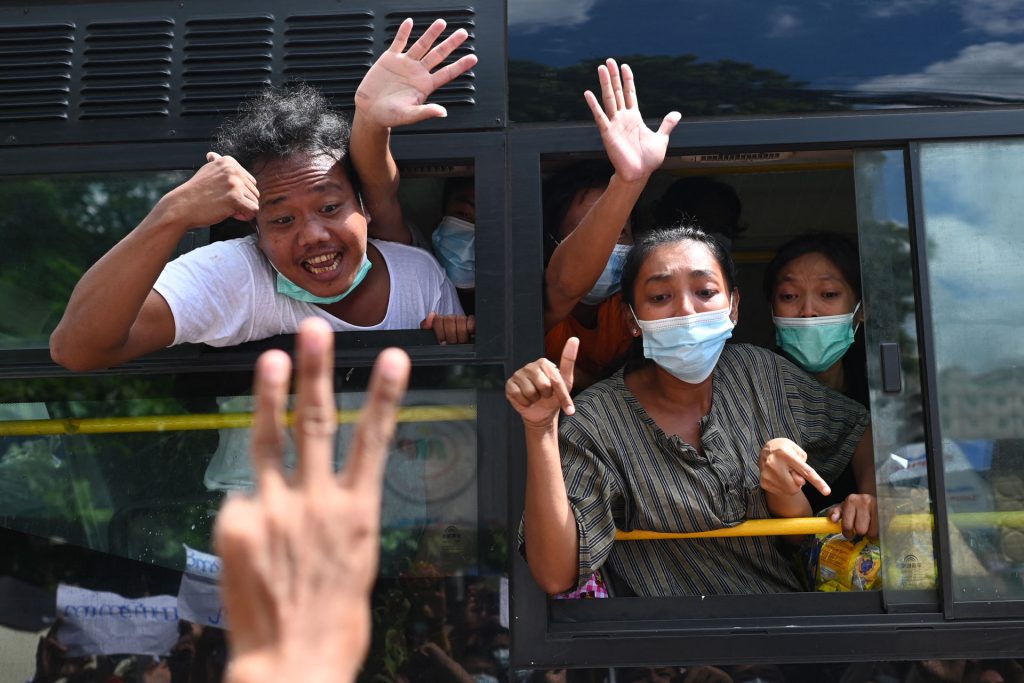
Traditionally, political prisoners in Myanmar are granted freedom by the military junta within two years since the coup, often coinciding with auspicious national holidays such as Myanmar New Year, Union Day, National Day, and Independence Day. However, this year marks the first time that political prisoners were released on the religious full-moon day of Kason, which falls on the second month of the traditional Burmese calendar. The timing of this amnesty is notable, as it occurred just one day after Chinese Foreign Minister Mr. Qin Gang’s visit to Naypyitaw, where he met with Myanmar’s State Administration Council (SAC) leaders. This has led some to speculate that the amnesty was arranged to coincide with Mr. Qin’s diplomatic trip.
Neighborhood Diplomacy Coming to the Forefront and Military Budget Set to Swell
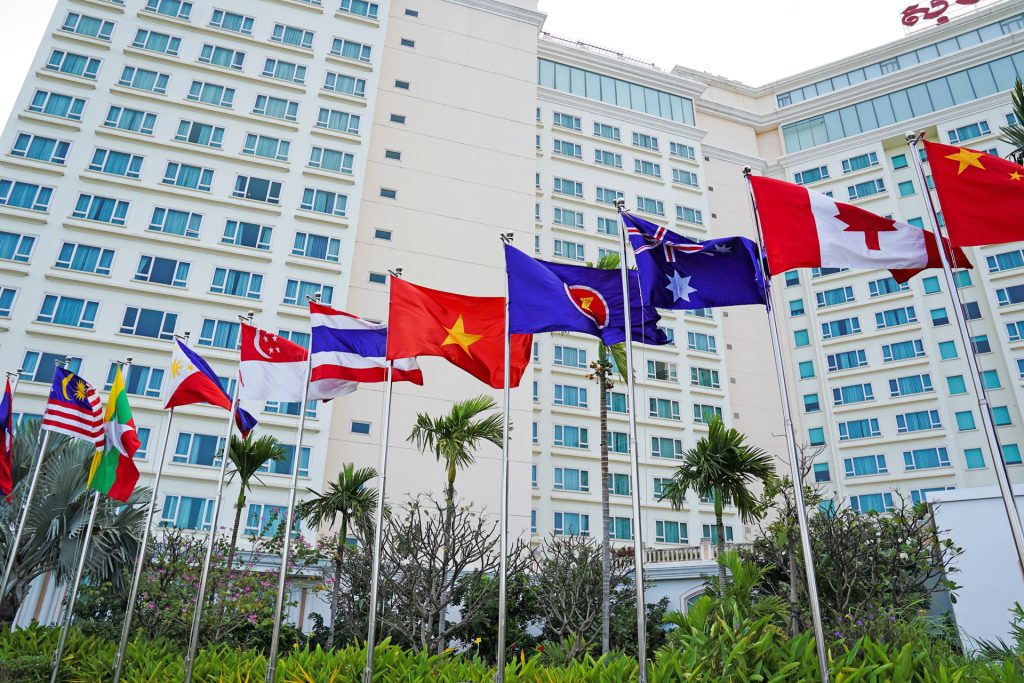
This week, instead of actually reading, we are rather listening to the traditional Thangyat during the Thin-Gyan water festival. Thangyat is quite a unique tradition in Myanmar and is inseparable from the Thin Gyan. Thangyat is a unique performance art that combines traditional folk verse chanting with rhythmic drumming and even rap-like lyrics, accompanied by dance and song routines.
An Increase of Over 2.5 Million IDPs Since the Coup
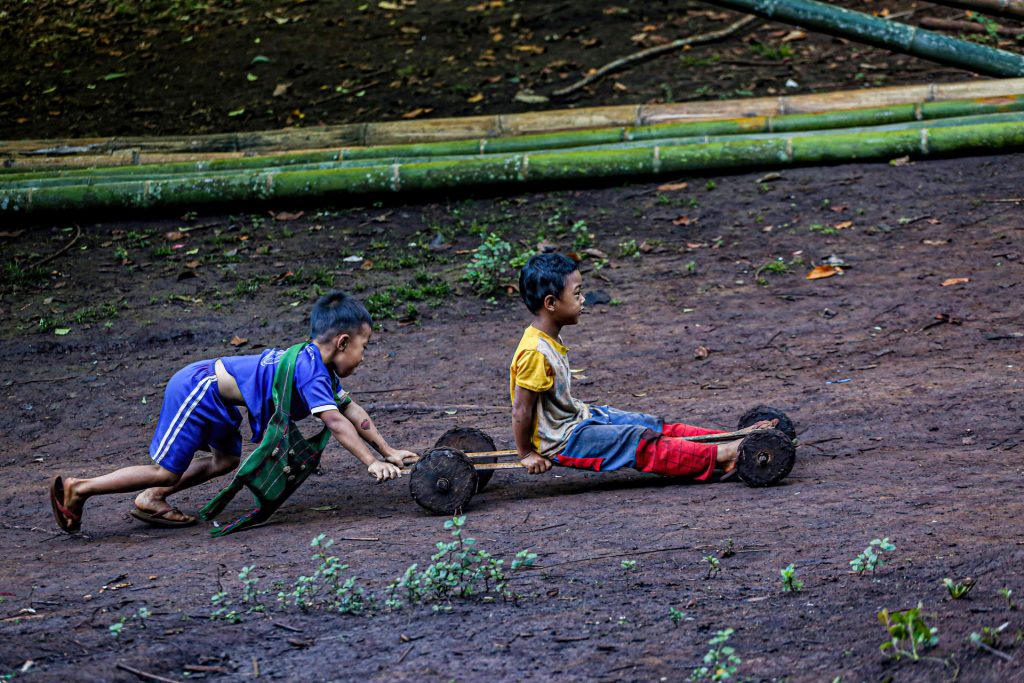
Since the coup, at least 2,694,567 people have been internally displaced
as of April 20, 2023 due to violent clashes. Prior to the coup, there were
some 497,200 internally displaced people (IDPs). In total, there are over
three million IDPs in Myanmar. Furthermore, at least one million people,
including the Rohingya, remain IDPs who have fled across borders to seek
refuge.
SAC’s Offensive Operations Ramp Up in Shan and Kayah States
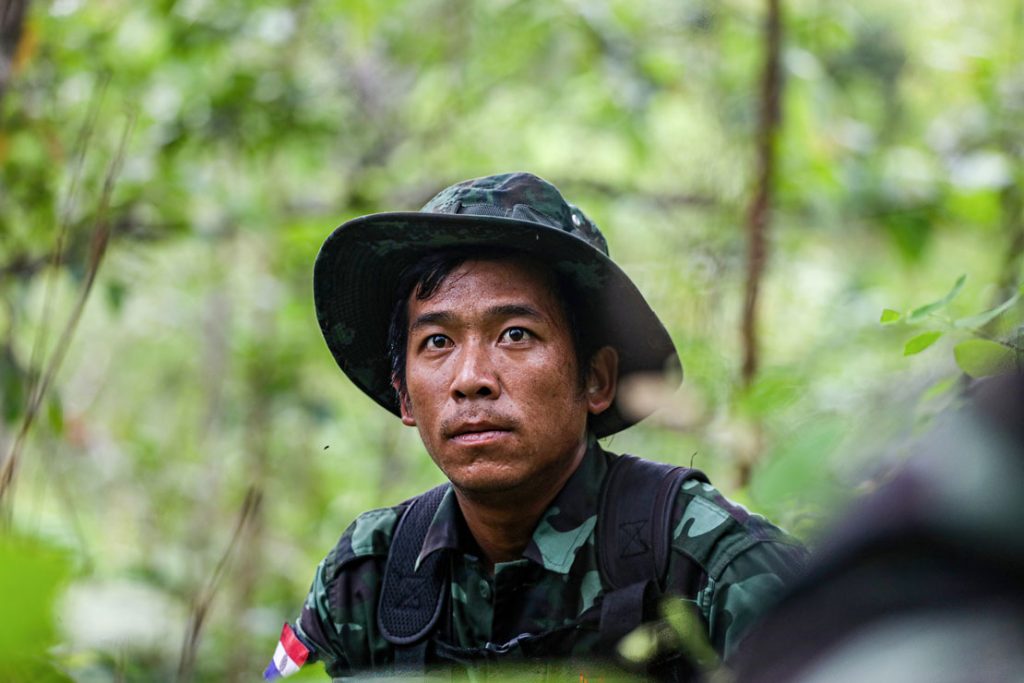
The State Administration Council (SAC) imposed martial law two years since the coup and stepped up their offensives in areas where there was substantial resistance. The frequency of airstrikes increased as fighting between the military and local resistance forces grew more intense in Kayah State, Southern Shan State, Kayin State, Chin State, and the Sagaing Region. Battles between armed forces are occurring more frequently and throughout wider geographic areas because of the military’s offensives. ISP-Myanmar will highlight and provide a brief explanation of battles between Karenni resistance forces and the military that took place in Shan and Kayah States.
40 Political Parties Abolished and Uptick in Diplomatic Visits to Naypyitaw
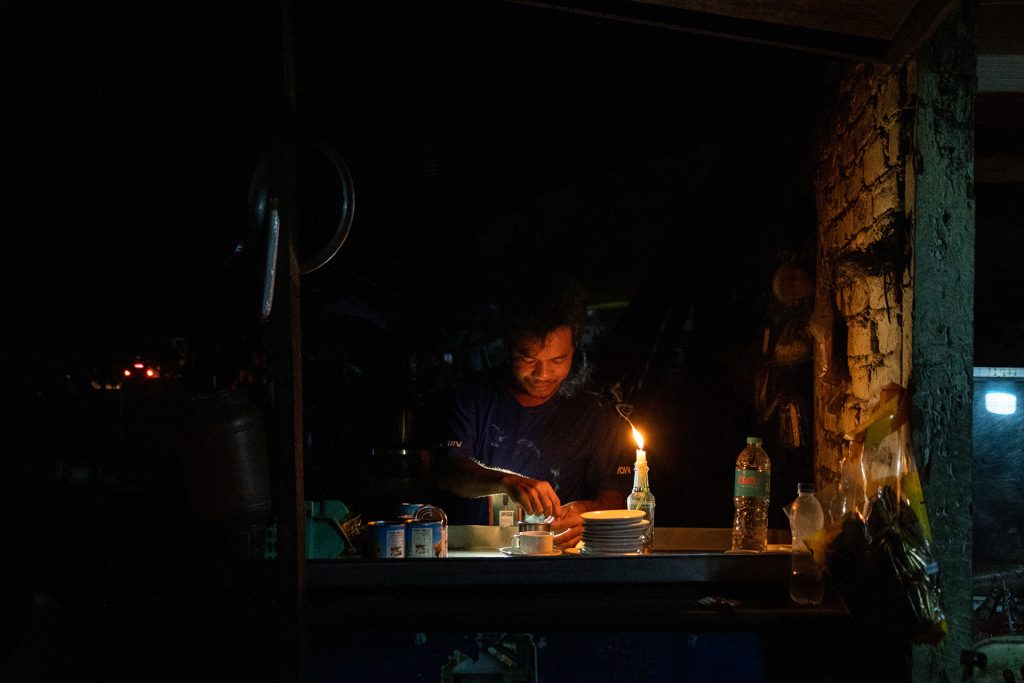
ISP-Myanmar conveys well wishes for a safe and productive New Year for Myanmar Era 1385 and a happy Thingyan festival to Gabyin community members. In this Insight Email, ISP-Myanmar reports the legal abolition of 40 political parties, including the National League for Democracy (NLD), examines the increase in diplomatic expeditions to Naypyitaw, and assesses the withdrawal of foreign investment from Myanmar. This email also discusses Myanmar’s National Strategic Plan for the Advancement of Women (NSPAW) and developments surrounding the upcoming Thai elections.
